- Zeta Energy announces sulfurized-carbon technology for use in batteries aimed at EVs and energy storage.
- This new material eliminates the poor charge cycle performance in rechargeable lithium-sulfur batteries.
- Utilizing unrefined sulfur in these batteries reduces production time, cost, and supply chain strain.
Zeta Energy, a Texas-based company known for their work pertaining to high-performance, low-cost, and sustainable rechargeable batteries, has announced that they have achieved use of unrefined sulfur in a lithium-sulfur battery aimed for use in energy storage markets and electric vehicles – all without the usual loss of cyclability performance.
Why is unrefined sulfur important?
The largest draw to sulfur is the fact that it’s locally available around the globe, with almost 250 sulfur-producing refineries being active between just the United States and Europe, which eases the burden on the battery material supply chain. The crystallized, yellow element is ideal for use in batteries – not only because of its high energy density, but also the savings associated with its low cost and weight. While most other outfits working with sulfur are using the highly-purified and processed chemical-grade stuff, Zeta Energy’s use of unrefined sulfur (just like what is used in oil refining and fertilizer) cuts out all of that processing to make their lithium-sulfur batteries lower in production costs and higher in battery manufacturing sustainability.
Lithium-Sulfur vs Lithium-Ion
While what’s listed above makes sulfur seem like the no-brainer choice to utilize in an electric vehicle battery, a lithium-sulfur battery has one large drawback versus the more widely-used lithium-ion battery: the “polysulfide shuttle effect.” Plainly put, lithium-sulfur batteries can cycle their charge without loss of performance by less than half of what a lithium-ion can handle (about a few thousand cycles). To combat this, Zeta Energy uses a proprietary sulfurized-carbon material in their batteries, which prevents the polysulfide shuttle effect. The sulfur-based cathodes employed here are high-performance and stable, which negates the need for the use of expensive materials, like cobalt and nickel. Lithium-sulfur batteries can check marks in the columns for lower cost and higher sustainability, while finally being able to trade blows with their lithium-ion counterparts.
Whether Zeta Energy’s advancements in lithium-sulfur means more EVs into the hands of consumers at reduced costs, or even a choice of battery option in their future vehicle remains to be seen, but this is welcome and exciting news to the world of overburdened supply chains and battery production sustainability.
If you would like to know more about how Zeta Energy’s achievements in lithium-sulfur battery technology and how it could impact the future of renewable energy and electric vehicles, please visit https://zetaenergy.com.

SOURCE | IMAGES: ZETA ENERGY
FTC: We use income-earning auto affiliate links. Learn more.


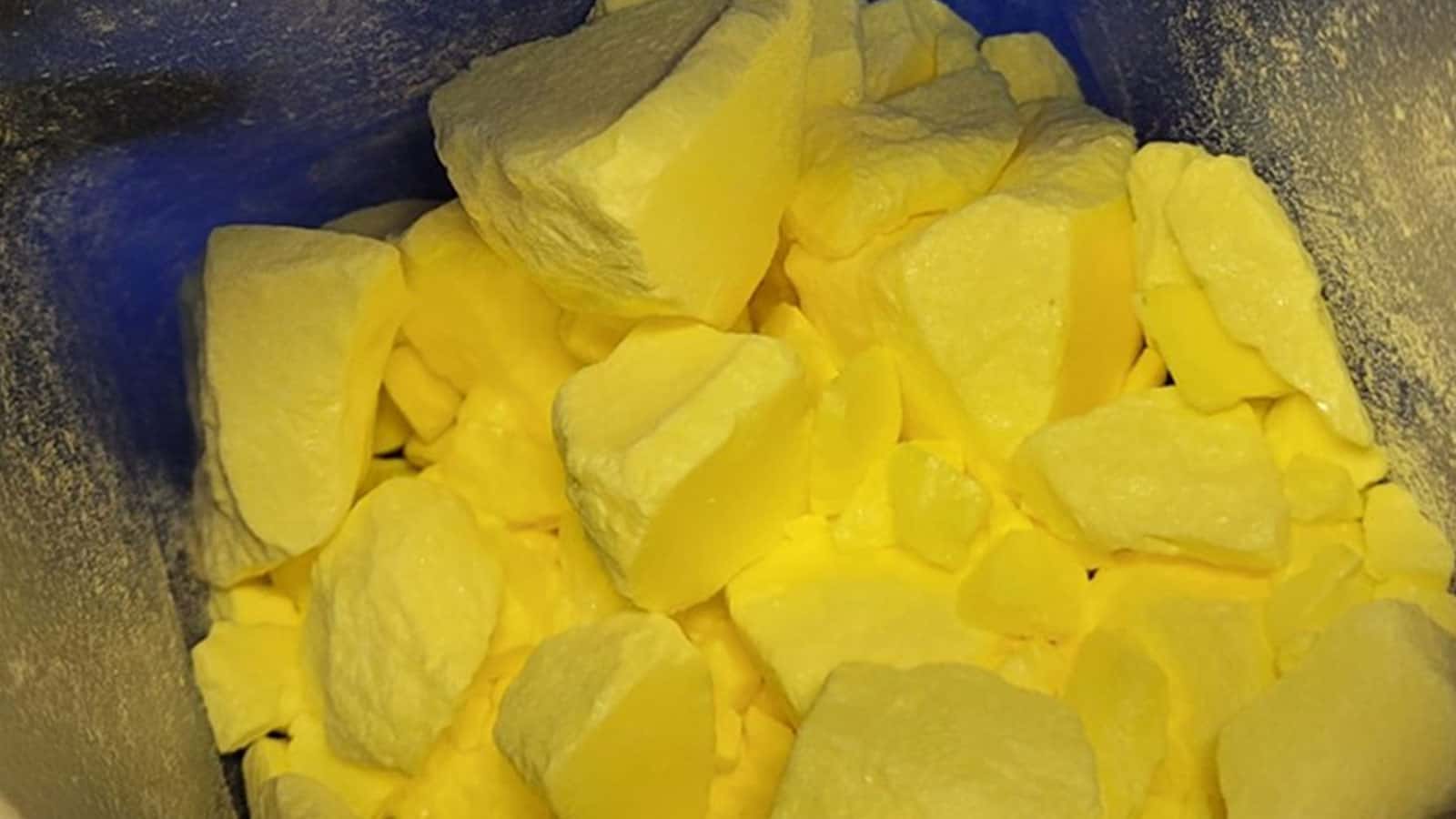



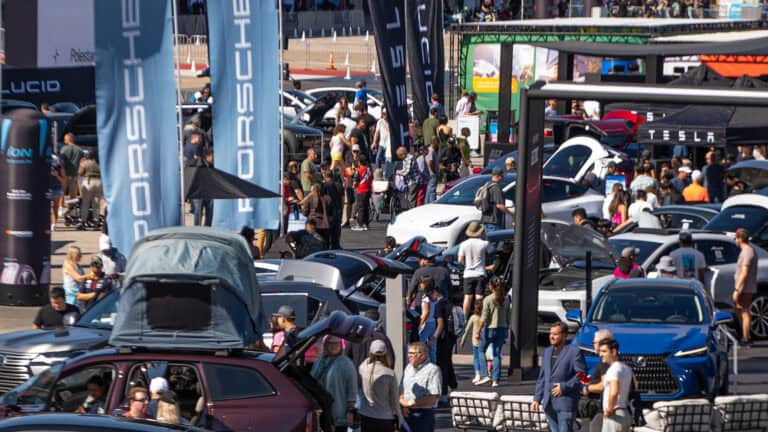
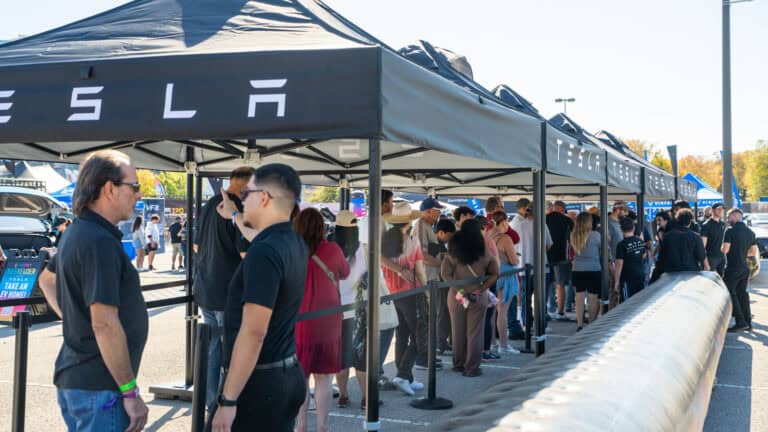
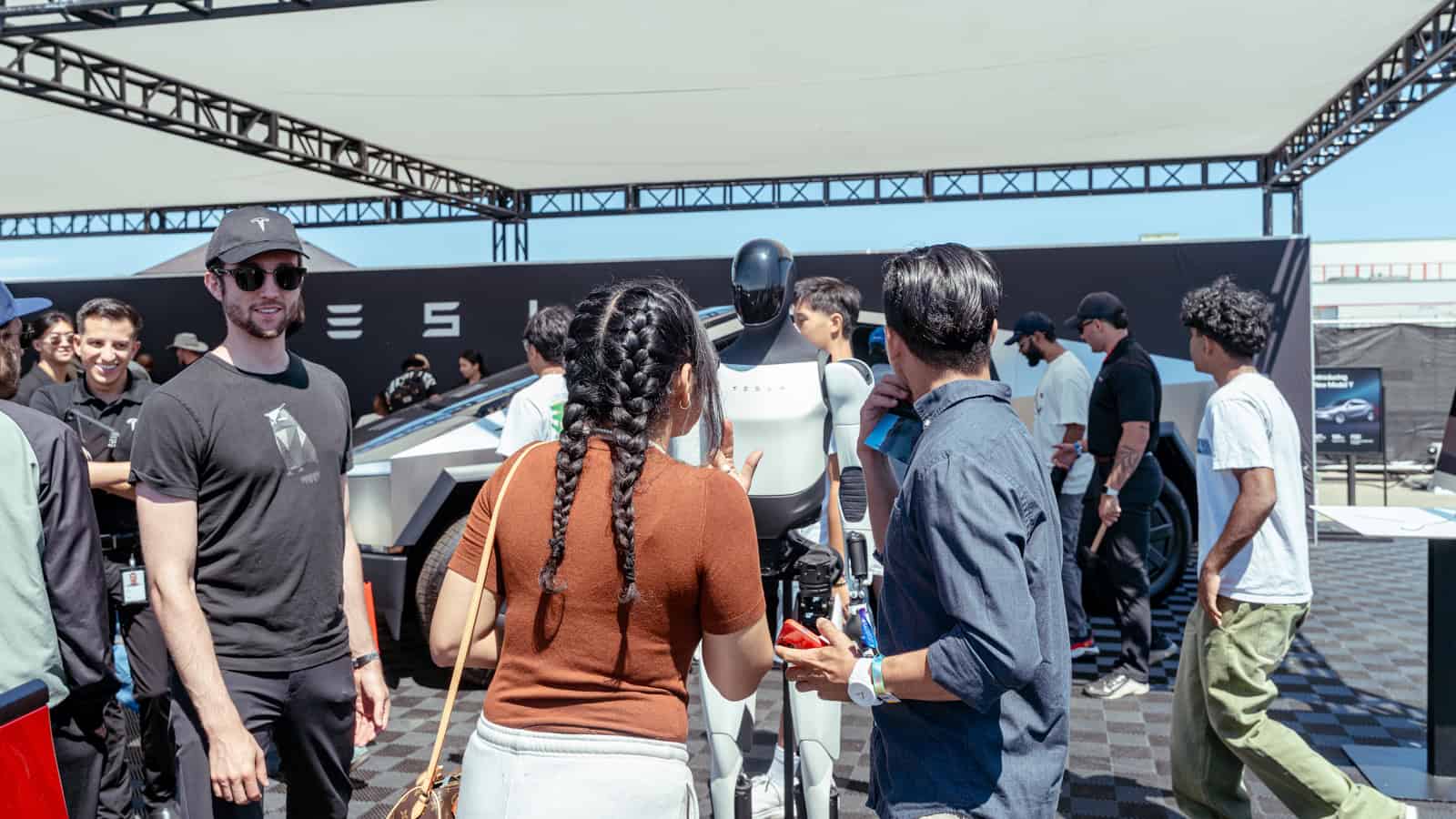
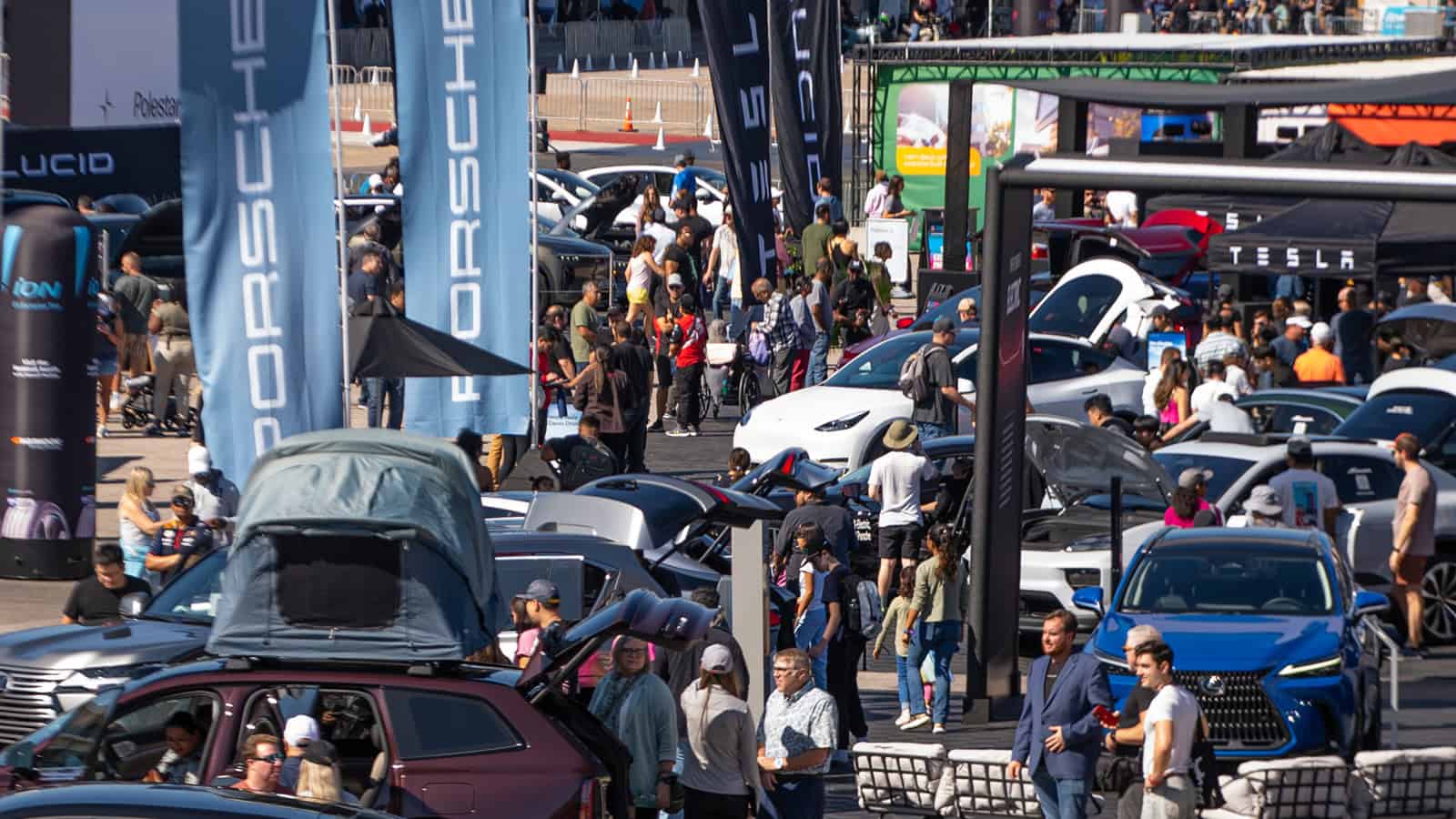
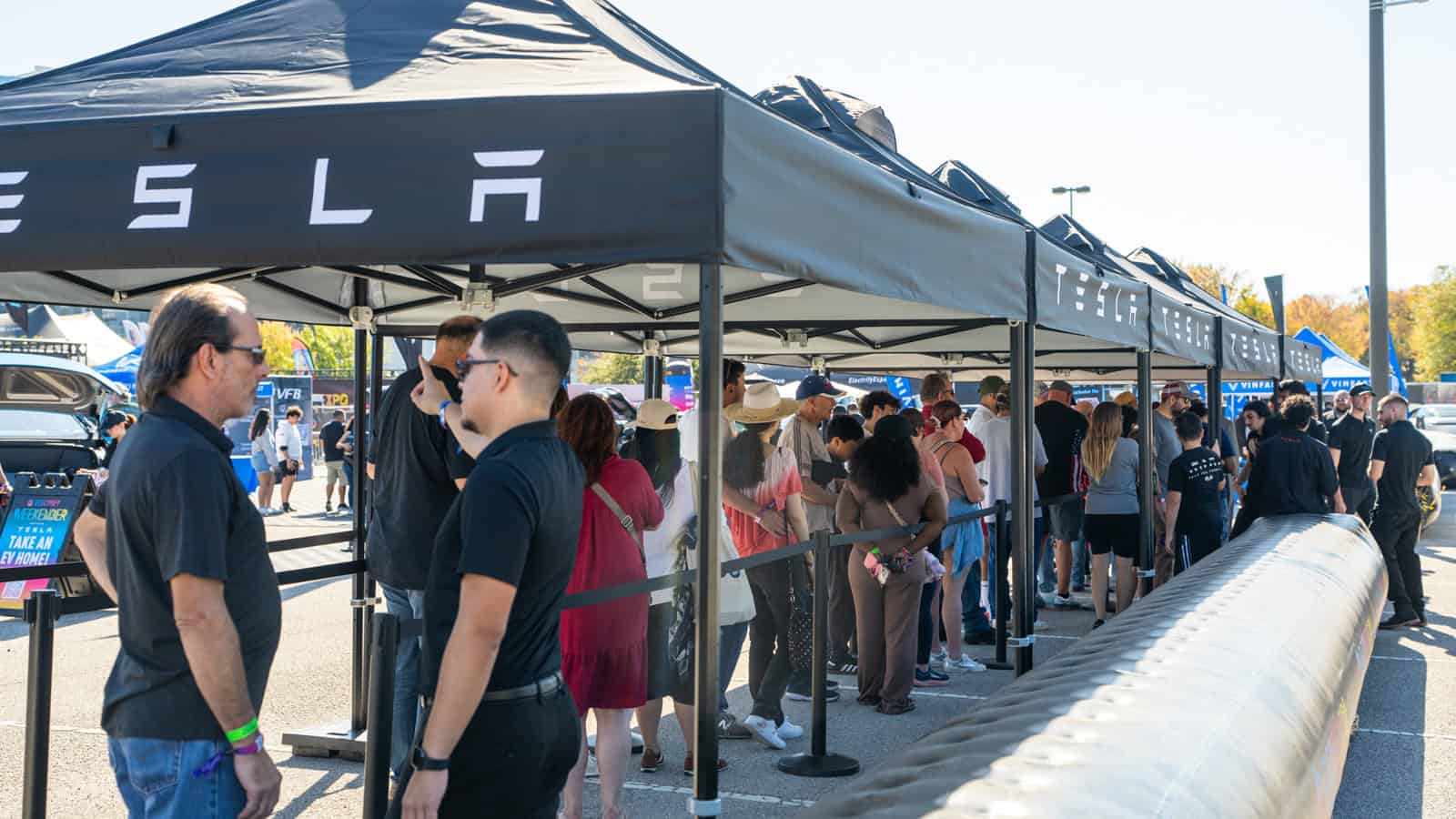

One Response